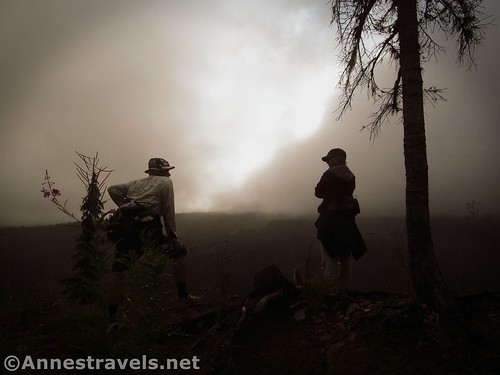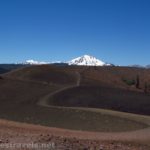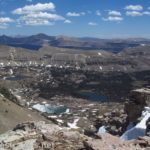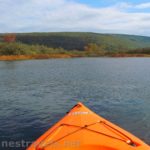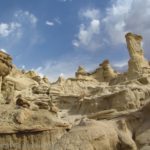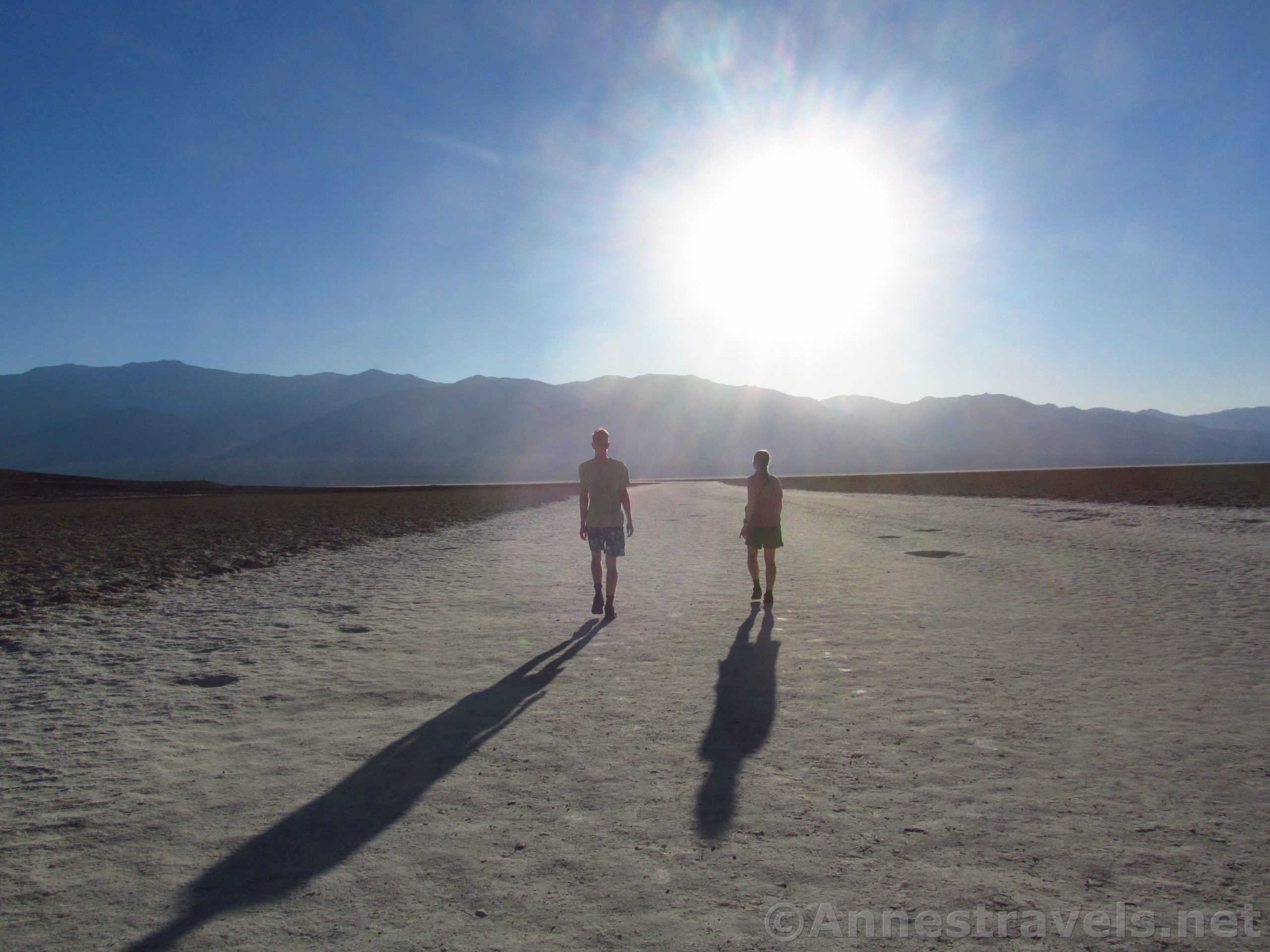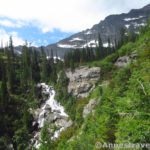
The opposite of fear is trust. Yet from childhood we’ve been taught to fear. Don’t talk to strangers. Don’t cross the street without looking both ways. Be careful near the water. Don’t take wooden nickels. Be wary of the people around you; there are a lot of cons out there. Stay inside out of the cold rain. Be careful out there, and think about the consequences before you do things.

We’re called to be wise, and there’s a lot of wisdom in thinking through our actions, surroundings, and friends before we trust them. The problem is that all of these cautions have caused us to become afraid – afraid of being hurt, afraid of being conned, afraid of what might happen.
If we don’t trust in something – be it ourselves, God, or those we’re with – we wouldn’t have the faith to even walk out of the door of our homes each day. But we trust in something, and so we overcome the fear of what might happen and do what we need to.
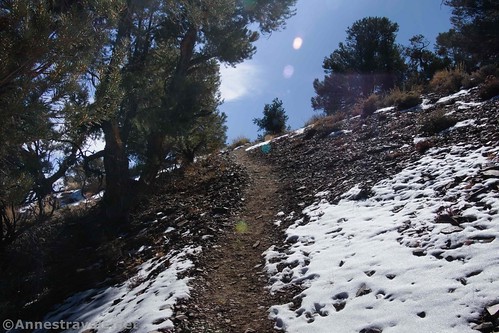
The fear is so natural in our daily lives that we probably don’t even notice it. Some of the fear is placed – for good reasons and bad reasons – under the heading of “caution” and “wisdom.” As I said before, wisdom is good. But choosing what you do based on fear (which is not wisdom; it’s emotions) is not quite so good.

Our fears seem to come to a head when God tells us to do something. We start rationalizing our fears by calling them wisdom. And there often is some wisdom involved. But somehow, we need to overcome our fears – all of our fears – with trust in God.

When we go out into the wilderness, most of us are very aware of what “might” happen: Avalanches, flash floods, thunderstorms, sprained ankles, dangerous people or animals, the list goes on and on. We can choose to be afraid of the dangers – it’s easy enough to do. For example, most people I’ve met from Portland, OR won’t go hiking on Mt. Hood. They’ve seen too many rescues and deaths from hiking on the mountain that’s literally in their back yard and has some great hiking opportunities. (There are locals who will hike there, but I know a lot of people who won’t, too.) They’re afraid of what might happen.
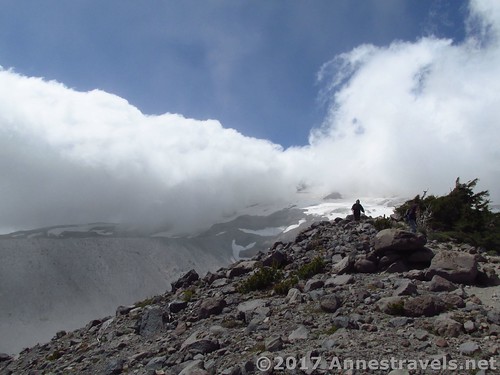
Then there are the crazy ones of us who mitigate against the danger but decide to trust God and ourselves enough to actually go out there and hike in the middle of nowhere. We’ve had our share of near-disasters, but somehow or other, by the grace of God, we’ve pulled through. That builds our faith – not to be foolish, but to go out again and again and again.
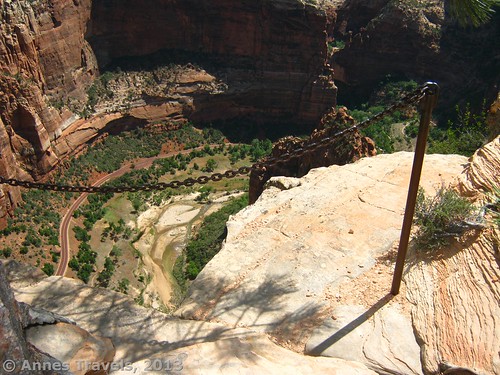
When fear comes knocking, we always have a choice. We can listen to our fears and be afraid. Or we can trust God. Trust can begin with a choice, but that’s not where it ends. Trust is based on what has happened in the past, how we’ve been treated or protected or let down before.

I encourage you to look through your life and find the places where you are afraid. It’s not always easy to give up that fear, especially the fears that are ingrained. But like going out in the wilderness and not seeing 99% of the dangers you imagined at home, so going out with God and overcoming those fears will likely turn out to be much better than the fears suggest. Turn over those fears to God and see what He does with them – you might be surprised just how safe you are with God.

